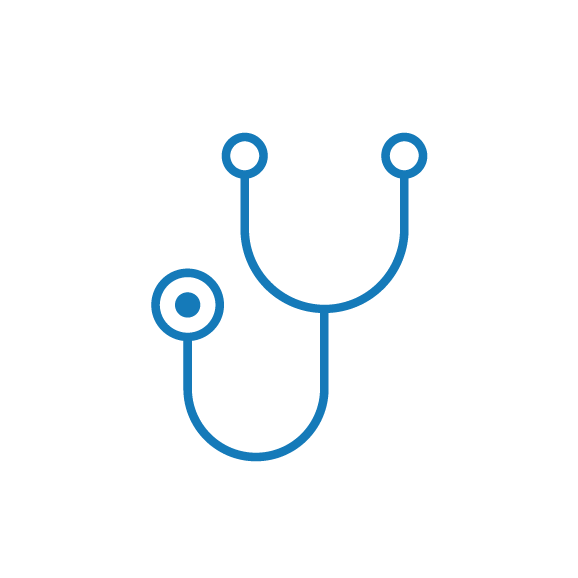VHAN’s RN Care Navigators Coordinate Caregiver Support to Improve Patient Experience
As life expectancy increases, family and friends are providing more caregiving services to their loved ones—often without professional medical training. While most caregivers want to support their loved ones, many are unprepared for the significant challenges that lie ahead.
Studies show that caregivers experience high levels of stress and frustration, which often take a toll on their physical and mental health. Symptoms such as headaches, muscle pain, a higher risk for heart disease and other chronic conditions, and depression can negatively affect caregivers’ health. Plus, these caregivers often don’t have time for sustaining self-care practices.
“Many patients, especially older ones, are fragile during the transition from hospital to home, and they can feel insecure and vulnerable,” says VHAN RN Care Navigator Martha Merry. “The caregiver is often the one holding the safety net.”
The experience of a recent patient and his wife/caregiver illustrates how VHAN’s RN Care Navigators can provide timely guidance and care at a critical time. These navigators serve as a connection point for a patient’s entire care team to ensure that primary care providers, specialists and other clinicians are all on the same page.
After the patient was discharged, his wife had difficulty figuring out his medication regimen. She contacted his provider for assistance but wasn’t able to reach anyone. She also experienced “absolute terror” over managing her husband’s suprapubic catheter. VHAN’s Care Management team was called into to help, with Martha on point.
“The wife was in tears,” Martha says. “The first thing I told her was, ‘We’re going to help you. We are going to figure this out, and I’m here for you.’ Hearing those words immediately decreased her stress.”
The caregiver didn’t know whether to administer a medication to her husband because a provider had said it might lead to infections. “I was able to bridge that gap and communicate with the provider to get clarification and proper instructions for her,” Martha says.
Martha’s work streamlined the patient’s care, improving efficiencies for both the patient and his provider.
“Because my Care Navigator colleagues and I have nursing experience in clinical practice settings, I know how busy the providers and their nurses can get within their own disciplines,” Martha says. “With VHAN’s dedicated team, we have time to work with a patient in the middle of a confusing situation and help connect the dots to improve their experience and outcome.”
After helping with the patient’s medication schedule, Martha regularly followed up with the family, eventually helping them to set up home health services. These services gave the wife some extra instruction about caring for her husband’s catheter, providing relief and comfort to both.
“I felt like I was on a raft with a hole in it, alone in the middle of the ocean,” the patient’s wife says. “I can’t tell you how much I appreciate [Martha] for being there to help me. I don’t feel alone anymore.”




